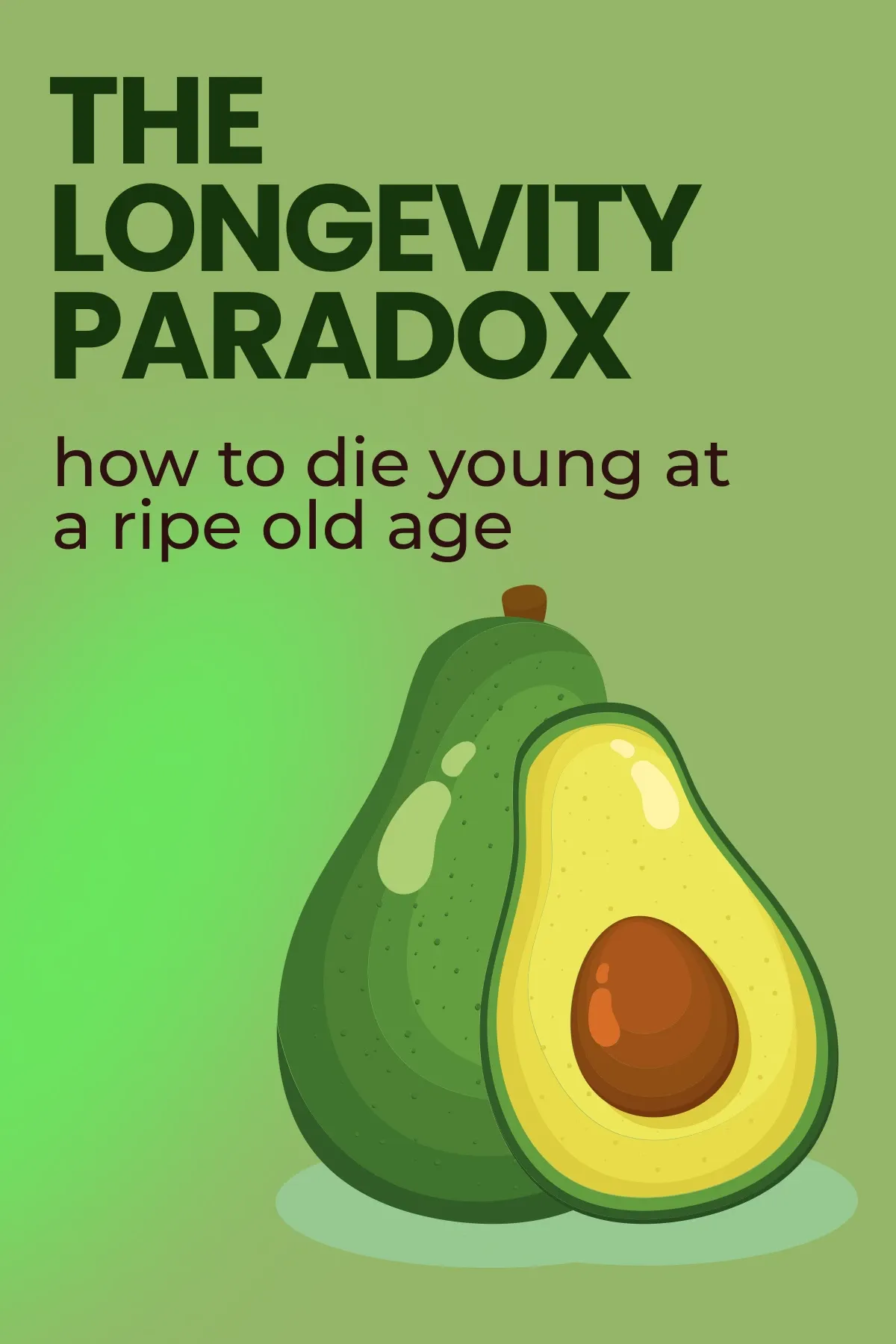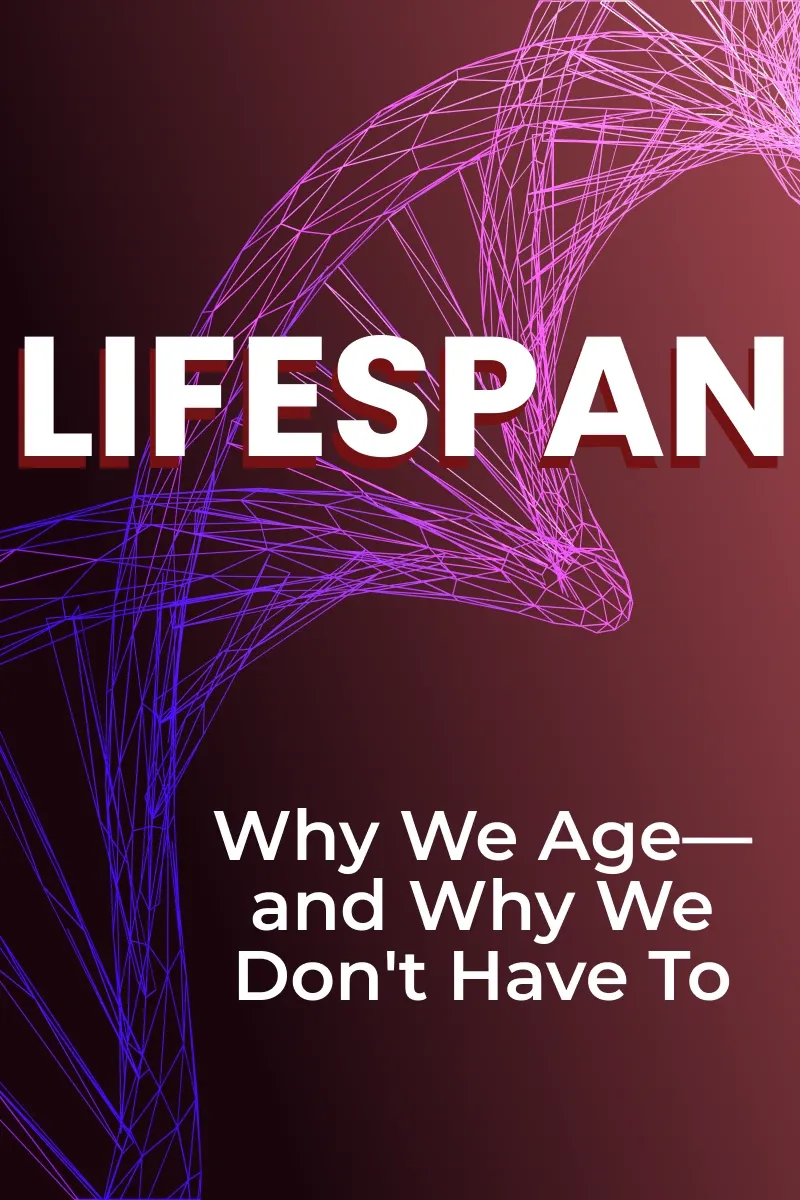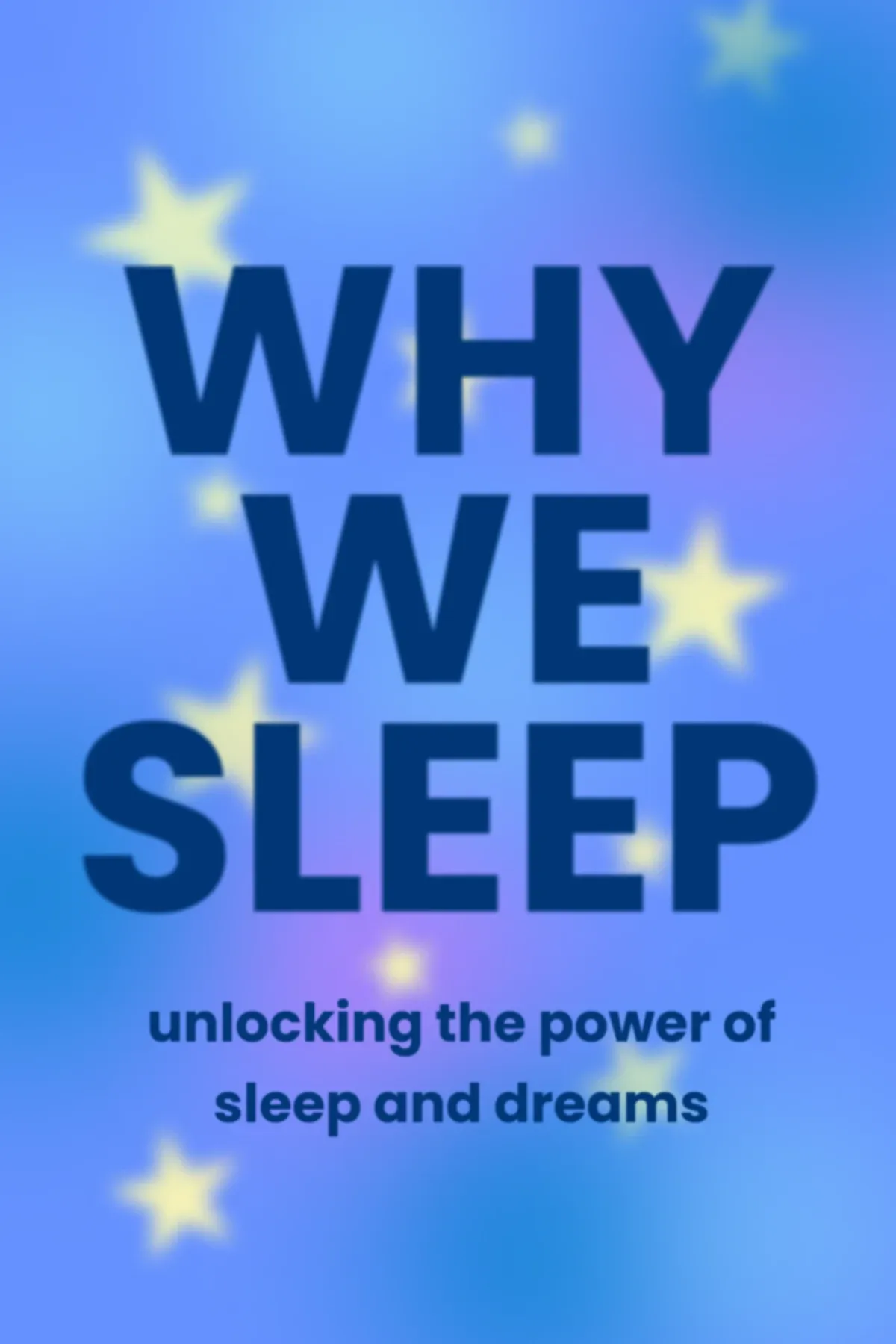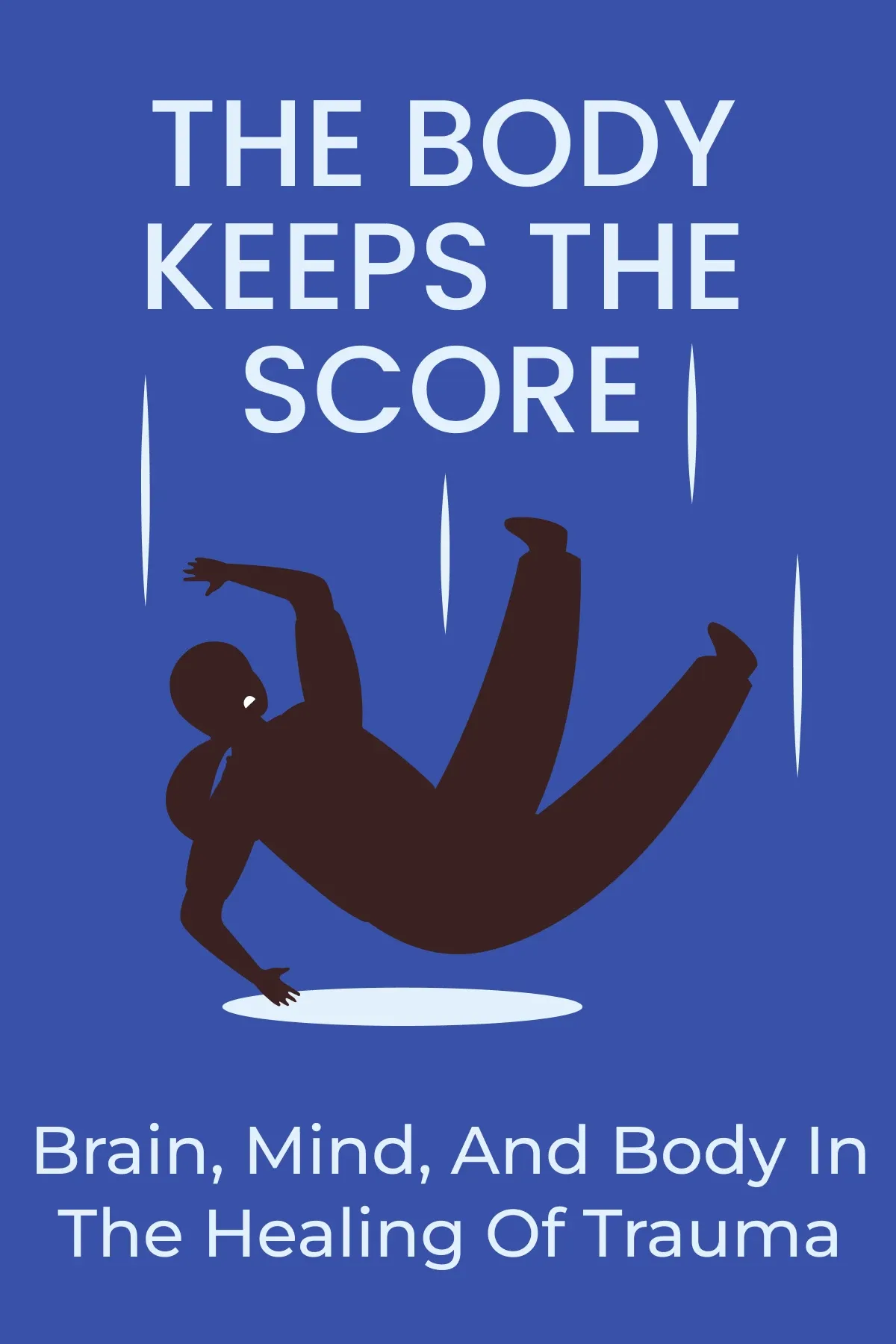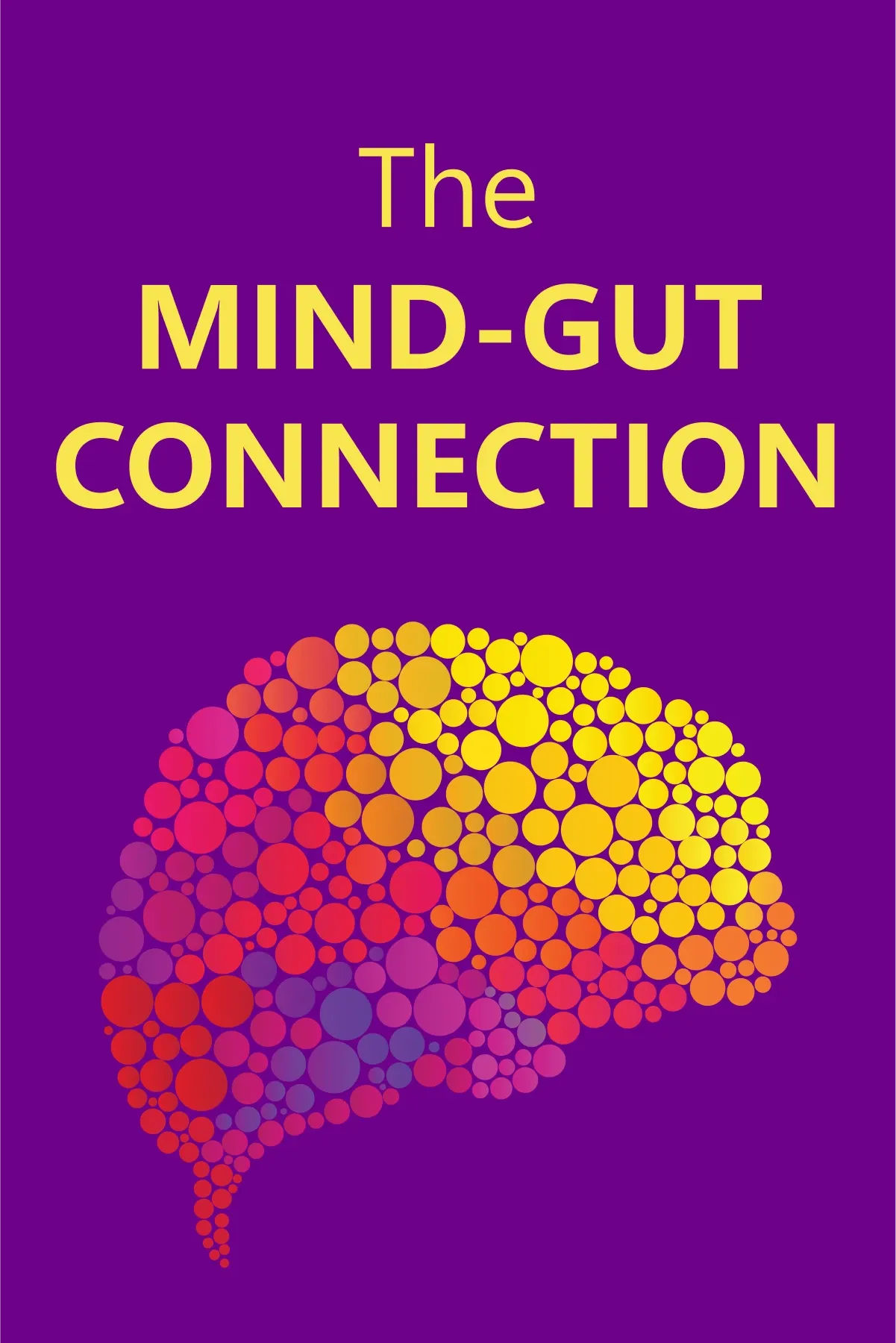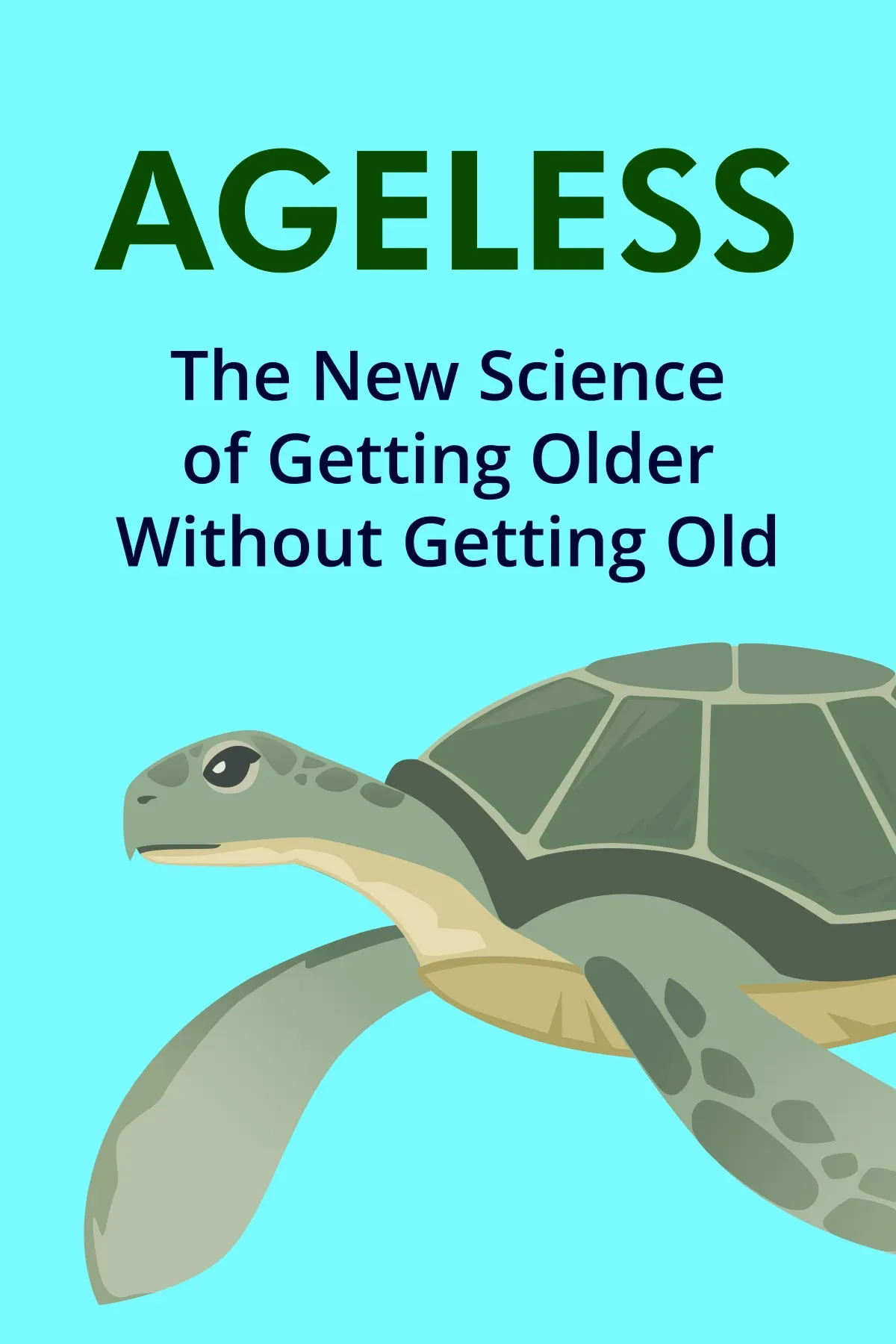
This Is Your Brain on Birth Control
Brief Summary
Are you curious about the hidden effects of birth control on the female mind and body? “Your Brain on Birth Control” is a great guide that explains all the fascinating science of hormonal contraceptives. Sarah E. Hill, a leading researcher in psychology and women’s health, will tell you how birth control may influence women’s mood, behavior, and even the very essence of their identity.
Topics
Key points
Key idea 1 of 7
What is a Woman? To answer this question, we must look back through millions of years of human history. Each one of us is here because our ancestors successfully survived and reproduced. This chain of survival and reproduction has continued unbroken for millions of years. If even one of our ancestors had failed, we wouldn’t be here today. Women today have inherited traits from their successful female ancestors. These traits helped them make good decisions, from avoiding dangers to choosing suitable partners.
In evolutionary biology, being female is defined by the size of your sex cells or gametes. Women have a limited supply of large, energy-consuming gametes called eggs, while men have an unlimited supply of small, less energy-consuming gametes called sperm. This difference is crucial in understanding many of the sex differences observed in humans and other animals.
Being the sex with larger gametes means that women invest more in their offspring even before birth. This investment grows even larger once an egg is fertilized. Women must carry a baby for nine months, which is physically demanding and can be dangerous. Despite modern medicine, pregnancy and childbirth still result in complications that can be fatal for many women around the world. Furthermore, women also have to breastfeed their babies, which is another energy-consuming task.
These evolutionary challenges have shaped women’s and men’s psychology differently. For instance, research shows that women are generally less likely to engage in casual sex than men. In a famous experiment, men and women were asked by attractive actors if they would go on a date, go back to their apartment, or have sex with them. While half of both men and women agreed to go on a date, almost no women agreed to sex, while many men did. Evolutionary pressures can explain this difference. Women have more to lose from casual sex, such as pregnancy, which is a significant investment. Therefore, women have evolved to be more selective about their sexual partners.
Understanding these differences from an evolutionary perspective is more empowering than seeing them as mere social constructions. Evolutionary biology shows that women have inherited the wisdom and strengths of millions of female ancestors. This perspective honors women as active agents in their survival and reproduction rather than passive recipients of societal norms. Therefore, feminism and biology are actually intertwined.
FAQ
You may also like these summaries




